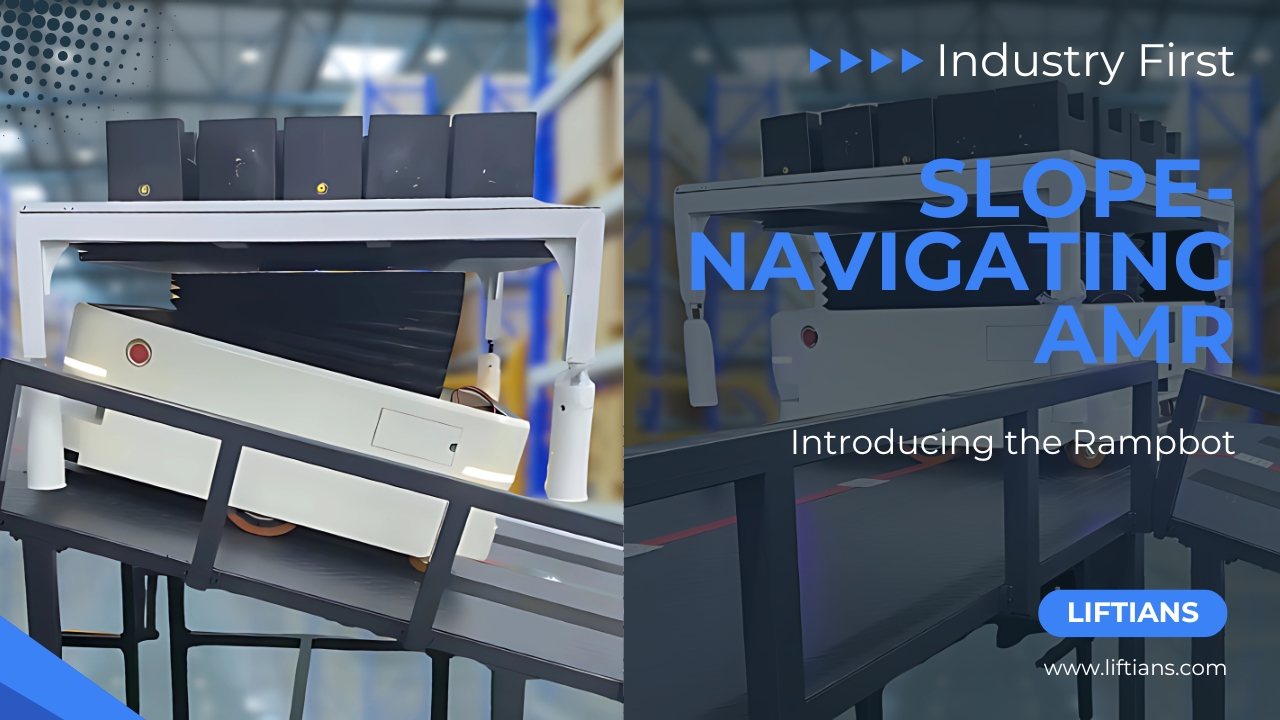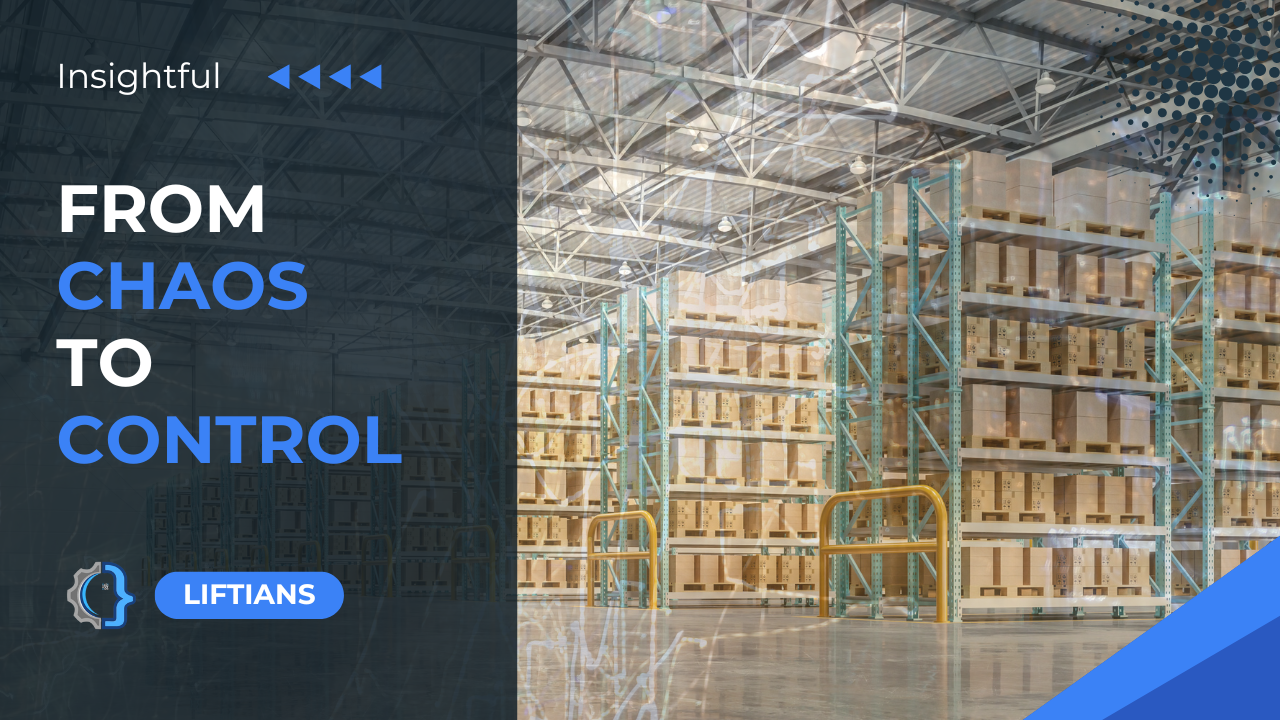

In today’s unpredictable business landscape, disruptions to the supply chain have become the norm rather than the exception. From global pandemics to natural disasters and sudden demand shifts, businesses face increasing challenges that test their ability to adapt. However, with the rise of smart warehouses, companies are finding innovative ways to navigate these disruptions and build more resilient supply chains.
Smart warehouses leverage intelligent automation to transform supply chain operations, providing the agility and control needed to adapt to unforeseen events. In this blog, we’ll explore how smart warehouses turn chaos into control and strengthen supply chain resilience.
Before diving into the solutions, it’s essential to understand the challenges that modern supply chains face:
These challenges highlight the need for smarter, more adaptable solutions to maintain efficiency and customer satisfaction.
One of the most significant advantages of smart warehouses is their ability to provide real-time visibility into operations. Using IoT sensors, RFID tags, and AI-driven analytics, smart warehouses offer detailed insights into inventory levels, order statuses, and equipment performance.
For example, if a shipment delay occurs, the system immediately notifies managers and suggests alternative sourcing or routing options. This level of visibility allows businesses to make proactive decisions, minimizing the impact of disruptions.
Key benefit: Real-time visibility transforms reactive supply chains into proactive ones.
Traditional warehouses often struggle to adapt to sudden changes in demand. Smart warehouses, however, are built for flexibility. With technologies like autonomous mobile robots (AMRs) and goods-to-person systems, these facilities can scale operations up or down as needed.
For instance, during peak seasons, additional robots can be deployed to handle higher order volumes, ensuring that customer expectations are met without overburdening staff.
Why it matters: Flexibility ensures that your warehouse can respond to demand fluctuations without compromising efficiency.
Inventory mismanagement can lead to stockouts, overstocking, and increased carrying costs. Smart warehouses use AI-powered inventory systems to track stock levels in real time, predict demand patterns, and optimize storage.
For example, predictive analytics can forecast which products are likely to experience high demand, enabling warehouses to stock accordingly and avoid disruptions.
The result: Smarter inventory management reduces waste, lowers costs, and ensures products are available when needed.
Labor shortages are a growing concern for many businesses. Smart warehouses mitigate this issue by automating repetitive tasks like picking, packing, and sorting. Technologies such as robotic arms and conveyor systems increase productivity while freeing up human workers for higher-value roles.
Pro Tip: Automation not only reduces dependency on labor but also creates a safer and more efficient work environment.
When disruptions occur, speed is critical. Smart warehouses excel at recovering quickly thanks to their data-driven decision-making capabilities. By analyzing historical data and real-time metrics, these systems can suggest alternative workflows, identify backup suppliers, and optimize delivery routes.
Bottom line: Faster recovery times minimize the financial and operational impact of disruptions.
Implementing smart warehouse solutions doesn’t just improve resilience—it provides a significant competitive advantage. Businesses that adopt intelligent automation can:
Transitioning from a traditional warehouse to a smart one requires careful planning. Here’s how to get started:
In an era of uncertainty, businesses need solutions that offer more than just efficiency—they need resilience. Smart warehouses provide the visibility, automation, and adaptability required to navigate today’s challenges and tomorrow’s uncertainties.
By transforming chaos into control, smart warehouses ensure your supply chain remains reliable, flexible, and profitable, no matter what disruptions come your way.
At Liftians, we specialize in helping businesses build resilient, efficient supply chains through cutting-edge smart warehouse solutions. From AI-driven inventory management to robotic picking systems, our technologies are designed to transform your warehouse into a high-performance operation capable of handling any challenge.
If you’re ready to transition from chaos to control, contact Liftians today. Let us help you implement smart warehouse solutions that strengthen your supply chain resilience. Follow us on LinkedIn for more insights, success stories, and updates on the latest trends in warehouse automation.